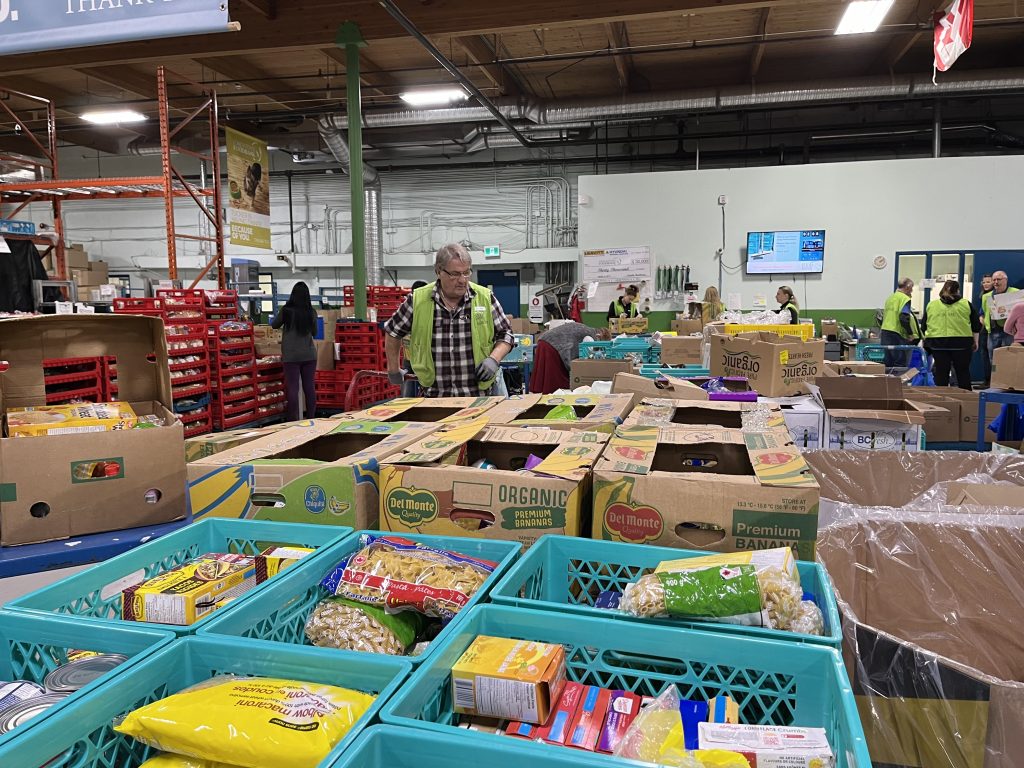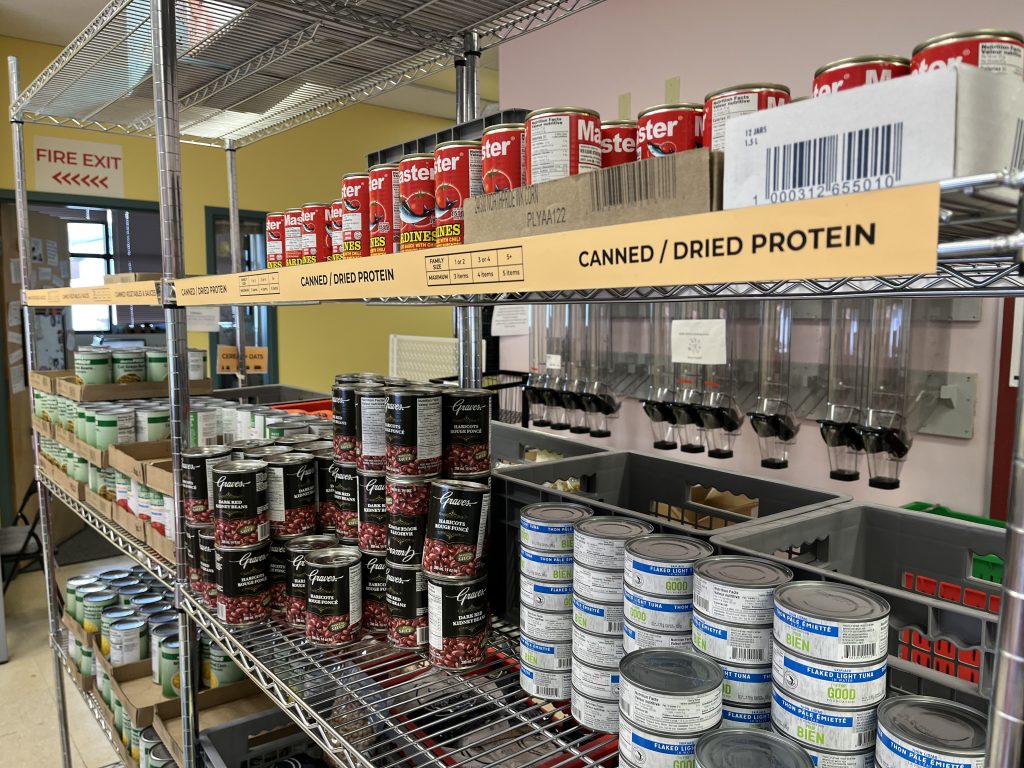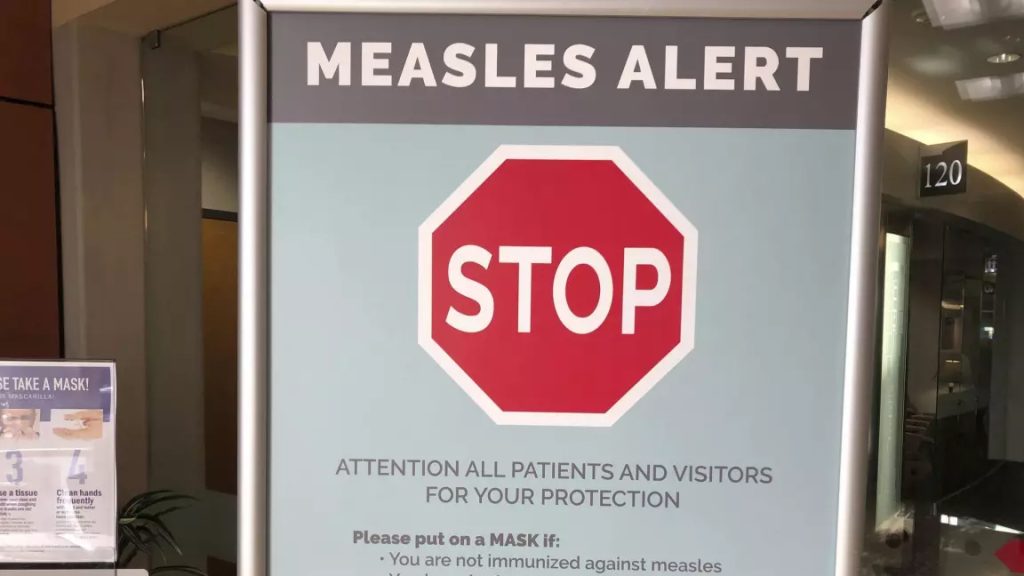New report from Food Banks Canada reveals a massive increase in food bank use across the country

Posted October 25, 2023 6:22 pm.
Last Updated October 25, 2023 8:10 pm.
More Canadians are turning to food banks for groceries – almost 2 million in March, the last month for which there are statistics.
Wednesday, it was announced that the number is a 32 per cent increase in March 2023 compared to the same month in 2022.
“Behind each one of these numbers is an individual or family and of course our concern is that when families or individuals are food insecure there are other things happening in their lives. Sometimes housing is a critical concern for them they’re struggling from week to week or month to month, and it’s not a great scenario to continue on-going,” explained Marjorie Bencz, the executive director of Edmonton’s Food Bank.
Food Banks Canada wants immediate action. In an online statement, the organization pointed the blame at ‘government inaction’ — saying their warning has gone “unheeded”.

The state of poverty and food insecurity in Canada has reached alarming heights and high food insecurity rates and financial challenges are resulting in growing mental health concerns.
In Alberta, it’s even higher than the national average. Sitting at 94 per cent compared to pre-pandemic food bank usage.
Edmonton’s Food Bank is serving between 30,000-37,000 people each month. A number their executive director says is concerning.
“From our perspective, we would like to see sustainable long-term solutions, not just more food because food doesn’t solve this issue – it band-aids it and people appreciate that support, but we need to look at how we create more affordable housing in our community, how do we look at income security programs so people can actually afford to pay their rent and buy their own food,” said Bencz.
Food banks on a more micro level are also being pushed to the limit.

The University of Alberta Campus Food Bank claims the food is ‘flying off the shelves’. With 5,000 pounds of food being distributed each week to 1,500 clients.
They’ll be hosting their annual “trick or tr-eat’ food drive on Saturday, and they’re hoping to restock their shelves to help support hungry students.
“Two years ago we served less than 300 households in September, this September we served 1,000 so we are absolutely seeing a spike in demand,” explained Erin O’Neil, the executive director of the University of Alberta Campus Food Bank.
“We have volunteers, students around campus, alumni and help out by going door to door to around campus and basically trick or treating for food donations.”
O’Neil added the Campus Food Banks, which serves the university community including faculty staff, and alumni is primarily looking for non-perishable food items, diapers, and sanitary products.
Speaking at Calgary’s economic forum, Deputy Prime Minister Chrystia Freeland said the federal government is working hard to get prices stabilized. Citing work with grocers and pointing to longer-term work they’re doing to bring more competition into the grocery sector.
Edmonton’s Food Bank will be releasing their report next week, based on interviews conducted with 500 of their clients.








